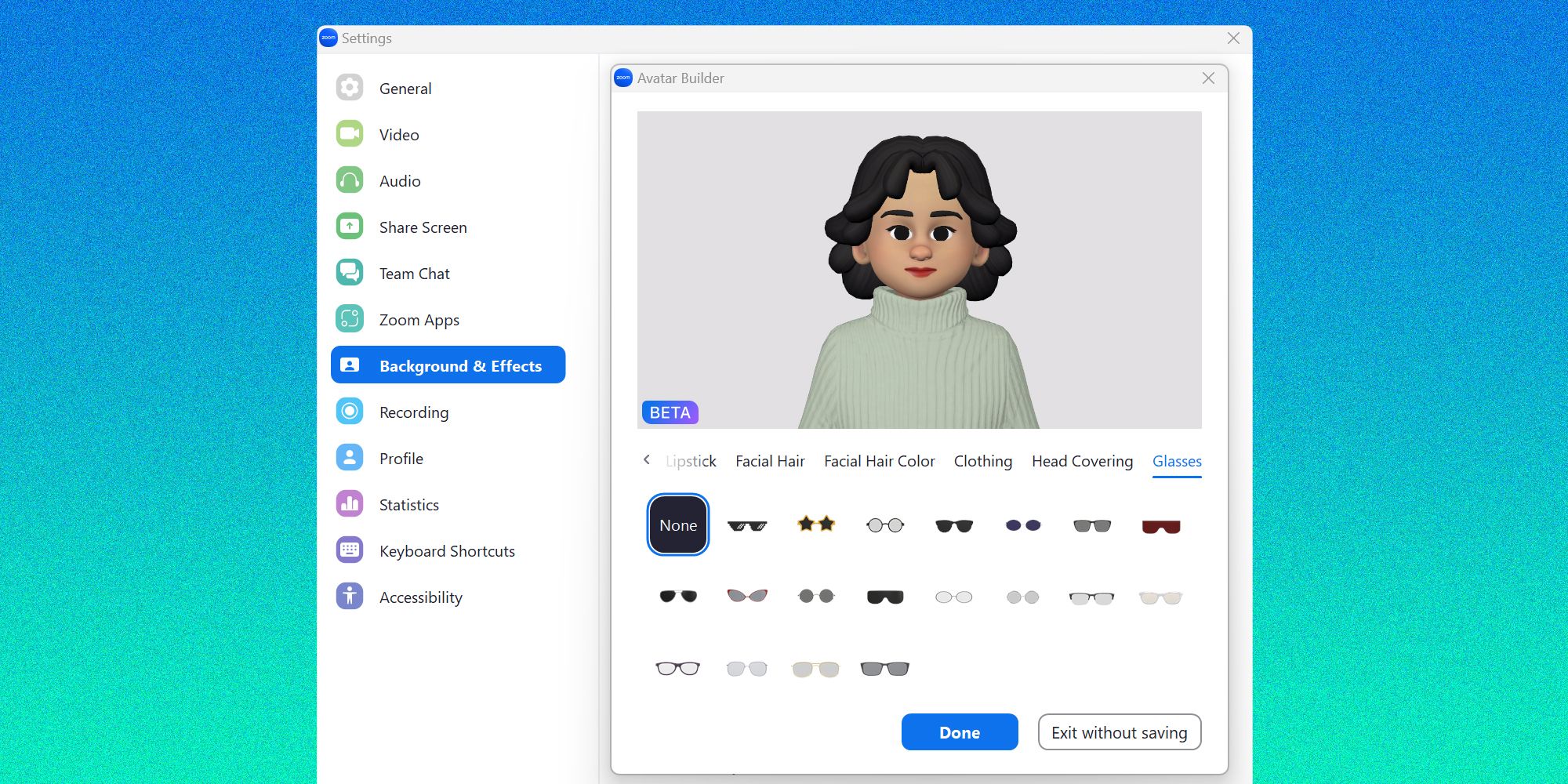Zoom is planning to introduce a feature that allows users to create AI-animated, photorealistic avatars, but it won’t be available until next year.

Announced at Zoom’s annual developer conference, the feature will let users record a video of themselves, which the tool will transform into a digital avatar complete with a head, upper arms, and shoulders. Users can type a script for their avatar to deliver, and Zoom’s AI will generate synchronized audio and lip movements.
Smita Hashim, Zoom’s Chief Product Officer, explained to TechCrunch that the custom avatars are designed to help users communicate “asynchronously” with colleagues, making interactions “faster and more productive.”
“Avatars save time and effort when recording clips and allow users to scale video creation,” Hashim said.
However, the feature also raises concerns about potential misuse, such as deepfakes.

Several companies have developed similar AI tools that can digitally “clone” a person’s face and pair it with synthetic speech, like Tavus, which creates virtual personas for personalized video ads, and Microsoft, which launched a service that generates digital stand-ins. These tools, however, have strict safeguards to prevent abuse, such as requiring verbal consent or written permission from the person being cloned.
While Zoom has emphasized that its usage policies prohibit misuse, its approach to safety measures remains somewhat unclear. Hashim mentioned that Zoom is building “numerous safeguards” into the custom avatar feature, including “advanced authentication” and watermarking. She also assured that Zoom will continue to enhance protections over time.
Zoom’s avatars align with CEO Eric Yuan’s broader vision of developing AI tools that can eventually participate in meetings, answer emails, and handle phone calls on users’ behalf.
However, the timing of this feature coincides with the rise of deepfakes across social media, making it increasingly difficult to differentiate between real and fake content. Deepfakes of public figures like President Joe Biden, Taylor Swift, and Vice President Kamala Harris have garnered millions of views, while generative AI images of devastation and suffering, such as those following Hurricane Helene, have gone viral.

Deepfakes have also been used in scams, with impersonation fraud costing victims over $1 billion last year, according to the FTC.
How Zoom plans to prevent its tool from being exploited by scammers remains unclear. The company’s mock-up shows a watermark on avatar videos, but watermarks can easily be removed using screen-recording tools.
The custom avatars are expected to launch in the first half of 2025 as part of Zoom Clips, an asynchronous video tool included in a $12 per-user, per-month premium add-on.
As Zoom finalizes its plans, regulatory efforts to combat deepfakes continue. While the U.S. lacks federal legislation criminalizing deepfakes, more than 10 states have enacted laws against AI-assisted impersonation. California’s stalled bill would be the first to empower judges to demand the removal of deepfakes or impose financial penalties on their creators.





